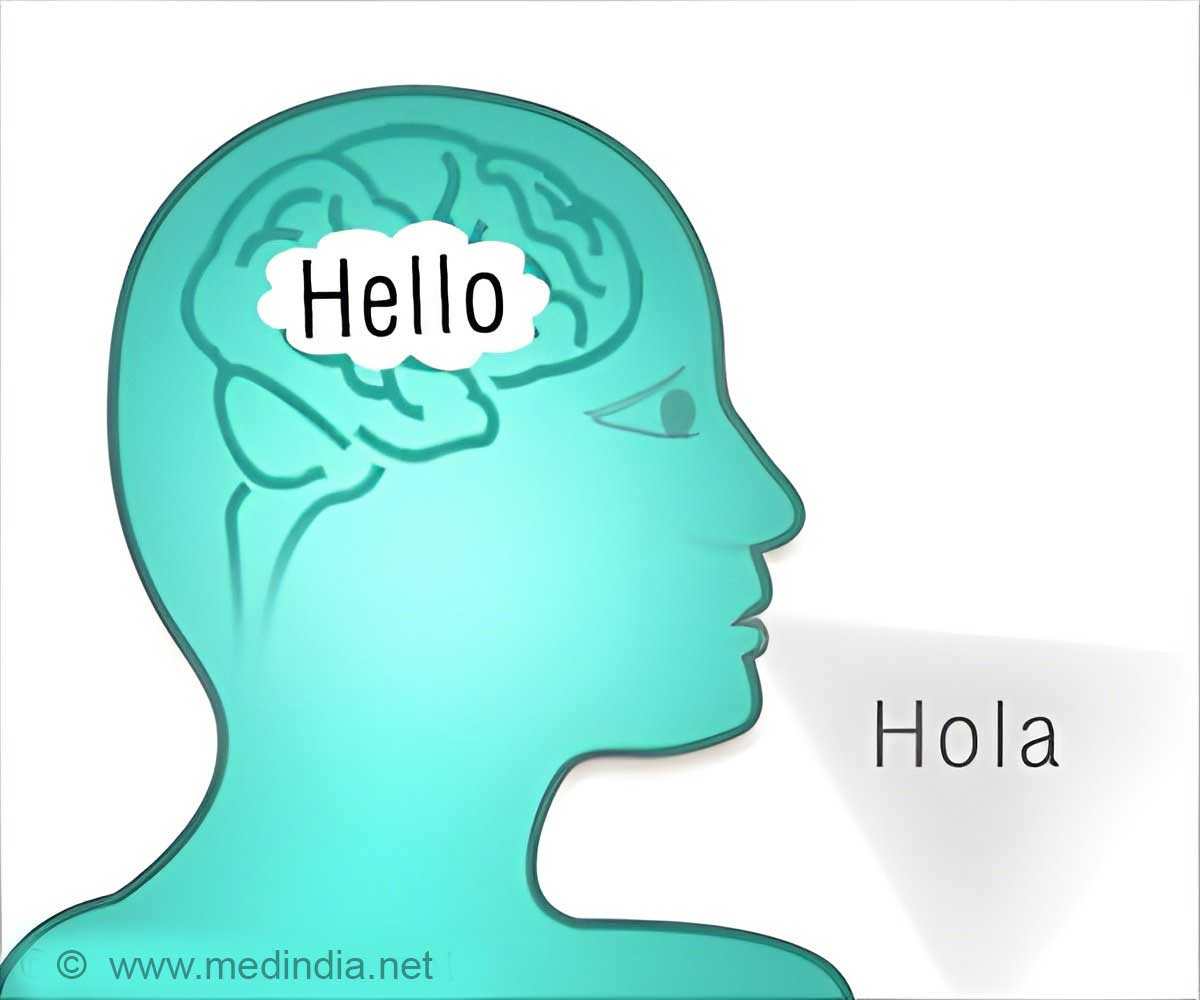Do you find it difficult to learn Sanskrit, but Hindi is comparatively easier for you? A new study suggests that you can now blame your brain for it, as the brain always opts for an easy route. The grammar of languages keeps reorganizing itself. A good example of this is the omission of case endings in the transition from Latin to Italian. In some instances, case systems are remodeled entirely, such as in the transition from Sanskrit to Hindi which has completely new grammatical cases.
After conducting statistical analyses of the case systems in more than 600 languages and recording the changes over time, an international team of scientists found that the brain activity is stronger for complex case constructions than for simple ones. Balthasar Bickel, professor of general linguistics at the University of Zurich, Switzerland, said, "Certain case constructions tax the brain more, which is why they are eventually omitted from languages all over the world - independently of the structural properties of the languages or socio-historical factors."
For the study, the research team tested the adaptations in participants, measuring the brain flows that become active during language comprehension. They finally demonstrated that brain looks for easy-to-comprehend case constructions. Bickel said, "Our findings pave the way for further studies on the origin and development of human language and a better understanding of speech disorders."
The study is published in
PLOS ONE.Source-IANS













